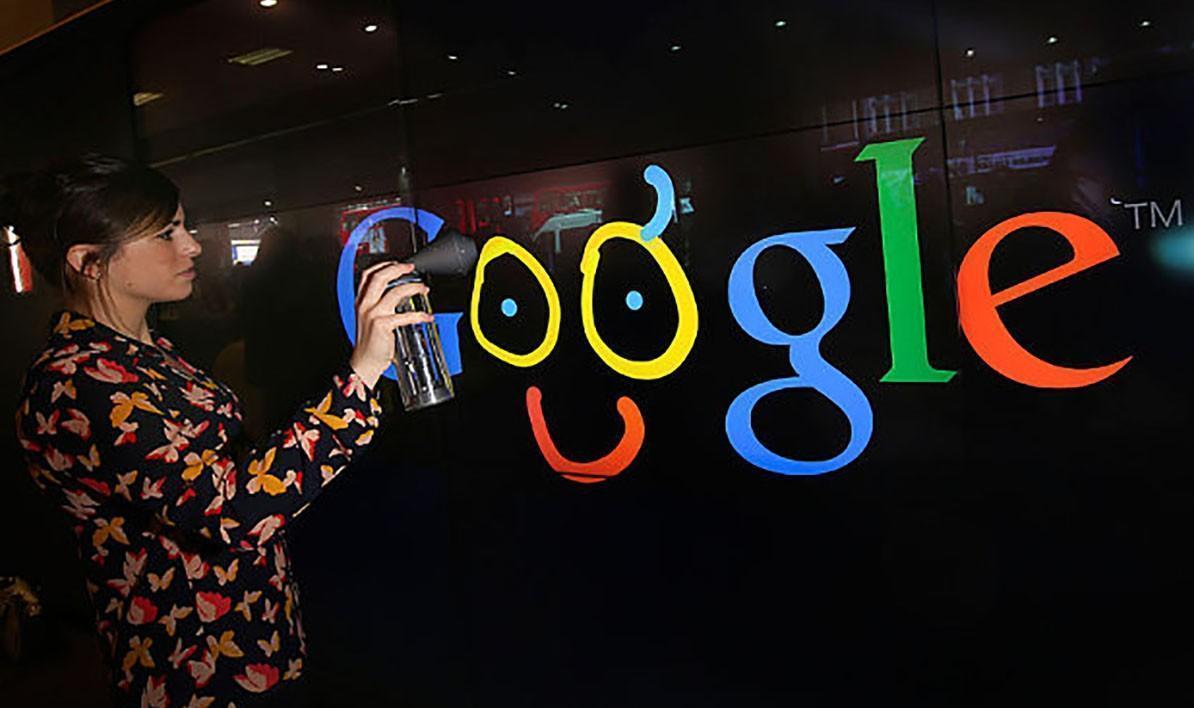Alphabet, Google’s parent company, formally responded to the European Union’s antritrust allegations on Friday over its Android operating system.
Senior vice president and general counsel Kent Walker rejected the EU charge that the company used its Android operating system to advance dominance over the market.
The EU contended that Alphabet had unfairly tried to boost Android by pre-installing apps like Google Search, the Google Play store and its Chrome web browser on Android phones.
Walker wrote that Android was already at a disadvantage in the market because many third-party phone manufactures altered the Android operating system on their devices, preventing customers from a uniform experience.
“Android means manufacturers don’t have to buy or build expensive mobile operating systems. As a result, smartphones are now available at dramatically lower prices — as little as 45 euros — and have become much more accessible to many more people.
Today, more than 24,000 devices from over 1,300 brands run on Android. And European developers are able to distribute their apps to over a billion people around the world. Android is not a ‘one way street’; it’s a multi-lane highway of choice.”
Android competitor Apple, comparatively runs its own operating system on a limited number of proprietary platforms and devices created by Apple.
Walker said,
“the Commission argues that we shouldn’t offer some Google apps as part of a suite. No manufacturer is obliged to preload any Google apps on an Android phone. But we do offer manufacturers a suite of apps so that when you buy a new phone you can access a familiar set of basic services. Android’s competitors, including Apple’s iPhone and Microsoft’s Windows phone, not only do the same, but they allow much less choice in the apps that come with their phones.
On Android, Google’s apps typically account for less than one-third of the preloaded apps on the device (and only a small fraction of device memory). A consumer can swipe away any of our apps at any time. And, uniquely, hardware makers and carriers can pre-install rival apps right next to ours. In competition-speak, that means there’s no “foreclosure”.”
Walker said they pre-installed some apps on Android devices to improve the customer experience.
“To manage this challenge, we work with hardware makers to establish a minimum level of compatibility among Android devices. Critically, we give phone makers wide latitude to build devices that go above that baseline, which is why you see such a varied universe of Android devices.
That’s the key: our voluntary compatibility agreements enable variety while giving developers confidence to create apps that run seamlessly across thousands of different phones and tablets. This balance stimulates competition between Android devices as well as between Android and Apple’s iPhone.”
Alphabet’s general counsel noted that Android competitors Apple and Microsoft also pre-installed certain apps on mobile devices featuring their operating systems.
Walker also hammered EU officials for not including Apple as a rival to the Android OS when considering the market.
“the Commission’s case is based on the idea that Android doesn’t compete with Apple’s iOS. We don’t see it that way. We don’t think Apple does either. Or phone makers. Or developers. Or users. In fact, 89% of respondents to the Commission’s own market survey confirmed that Android and Apple compete. To ignore competition with Apple is to miss the defining feature of today’s competitive smartphone landscape. ” Walker wrote.
Android isn’t the only product that has the attention of European antitrust regulators.
Earlier in November, Walker formally responded to separate EU antitrust charges regarding Alphabet’s comparison shopping service and its Adsense advertising service.



